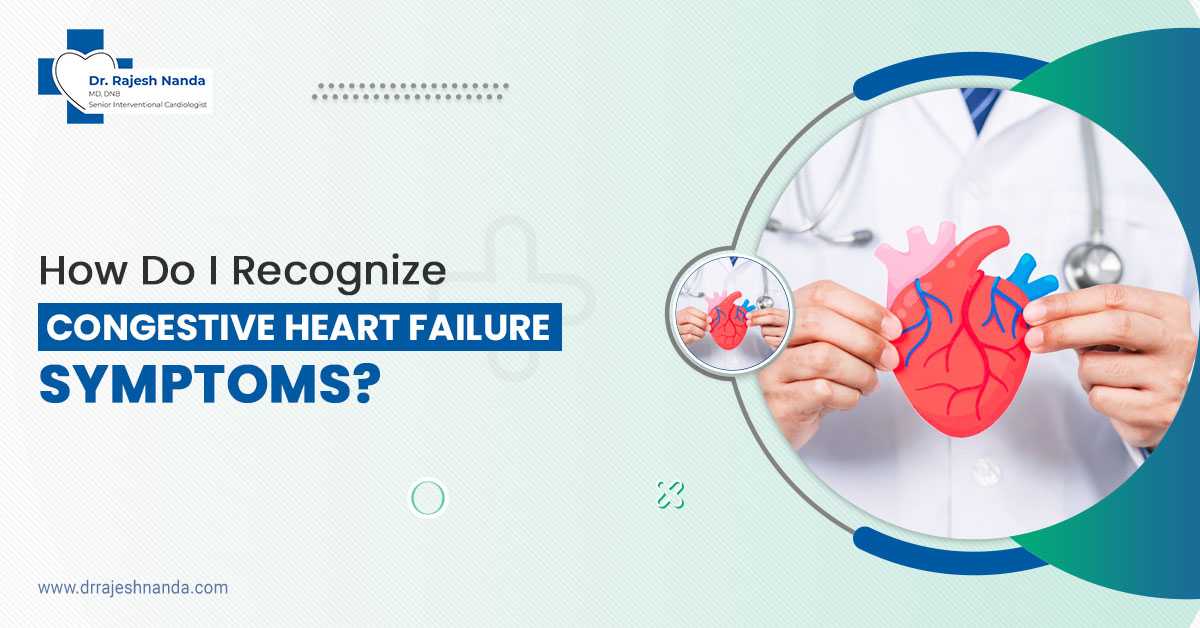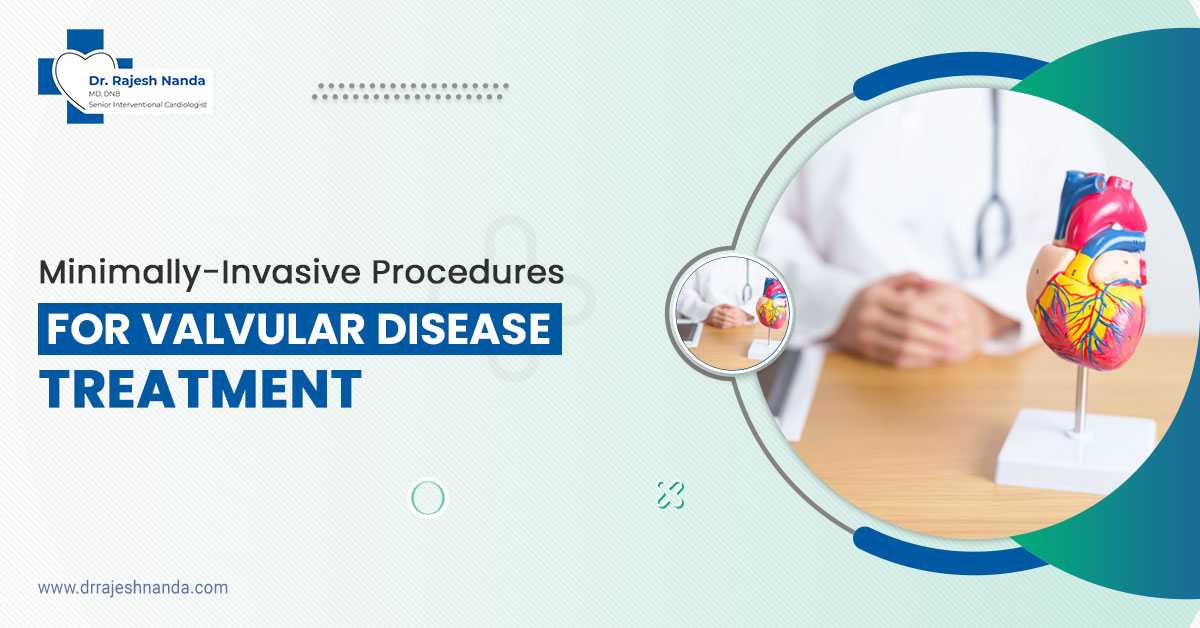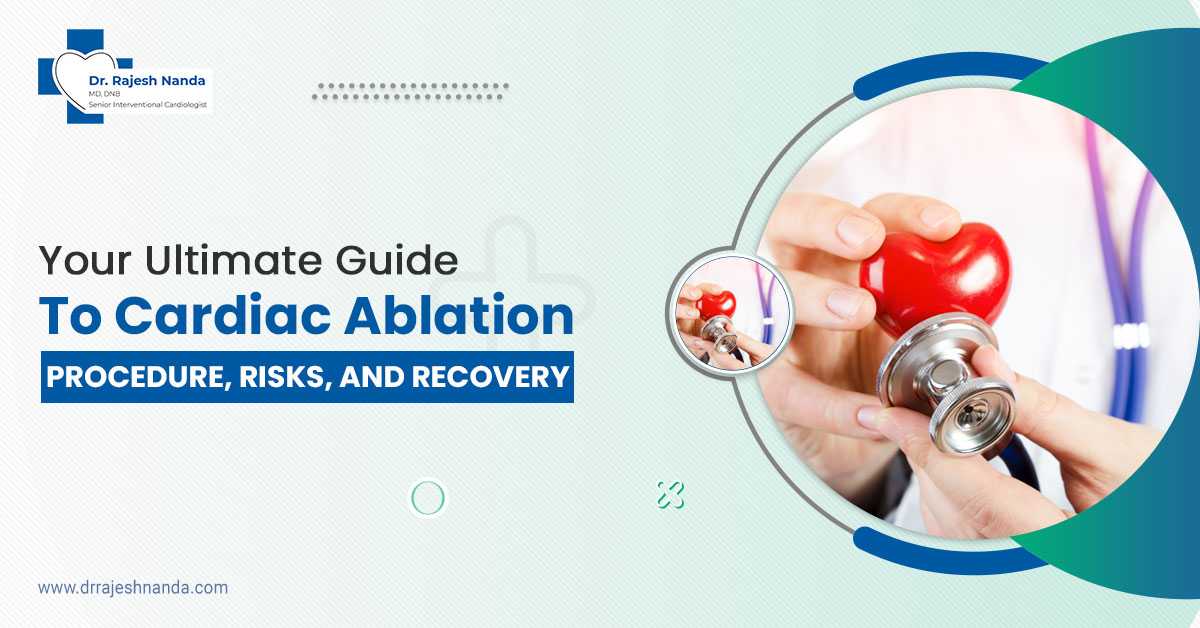Also called heart bypass surgery, coronary bypass heart grafting is a medical procedure that improves or restores blood flow to the heart. During this surgery, your surgeon creates a new pathway for blood to bypass a blocked (completely or partially) coronary artery. Speak to the best heart specialist in Siliguri for all-inclusive heart care.
This surgery is not a cure for a heart disease that results in a blockage. These include coronary artery disease, atherosclerosis,etc. However, CABG may reduce chest pain, shortness of breath, and the risk of heart disease-associated deaths.
Your heart function will improve after CABG as the surgery reduces the blood flow to several areas of your heart. CABG often happens as an emergency care for a cardiac attack.
- Your cardiologist may recommend CABG for:
- A blockage in the left main heart blood vessel.
- Poor function of the lower heart chamber
- Severe chest pain due tothe narrowing of more than one heart artery.
- A narrowed artery reduces blood flow to the heart at rest or during minimal physical activity/exercise.
- Excessive narrowing of the major heart vessel.
- Several damaged heart arteries.
- Coronary angioplastycan’t treat a blocked artery.
What you need to prepare
Before coronary artery bypass grafting surgery, your doctor may suggest changes indiet, lifestyle, and medicines. You will get proper instructions from your doctor prior to CABG.
You must appoint someone or inform your loved one or friend to drive you home after your hospital stay. Visit one of the top cardiologists in Siliguri for comprehensive advice and care.
- Tests before CABG:
- Lab tests (a complete blood count)
- Electrocardiogram (ECG or EKG)
- Exercise stress test
- X-ray angiography/ CT scan angiography
- Echocardiogram
- Nuclear cardiac stress test
- Cardiac catheterization
- Coronary calcium scan
These tests help your surgeon determine if you are a good candidate for heart bypass surgery. You can visit the best heart specialist in Siliguri for coronary artery disease treatment.
Overview of the procedure and recovery
Coronary artery bypass surgery takes between 3 and 6 hours based on the number of artery blockages you have. You’ll be given general anesthesia before CABG and a breathing tube will be inserted into your mouth.
Your surgeon may make a long incision down themiddle of your chestalong your breastbone. Then your surgeon spreads and lifts the rib cage. After that, the heart, your surgeon removes a section of healthy blood vessels.
More often, this is taken from inside your chest wall or the lower leg, called a graft. Next, your doctor will attach the graft end below the blockage to create a new route for blood to flow around a blocked coronary artery.
There are different types of CABG, such as minimally invasive CABG, hybrid procedure, off-pump CABG, and robot-assisted CABG. After the surgery is done, you will go to the intensive care unit at the hospital.
When your doctor feels your health is in a stable condition, your doctor will refer you to a regular medical-surgical room (mostly after 1 or 2 days). Based on your health condition, you need to stay at the hospital for 8 to 12 days after heart bypass surgery.
Most patients who have undergone CABG need several weeks (6 to 12 weeks) to fully heal. During your recovery time, keep from strenuous activities or anything that can put stress on your heart and incision area. Routine checkups are a must after CABG. You might talk to the best cardiologist in Siliguri for advanced cardiac care.




